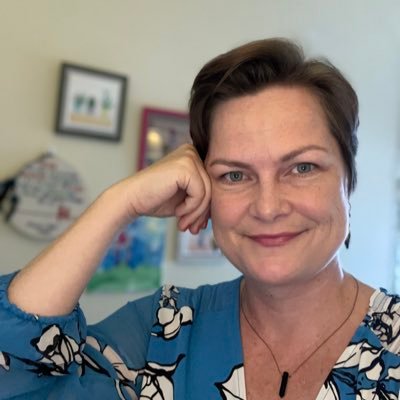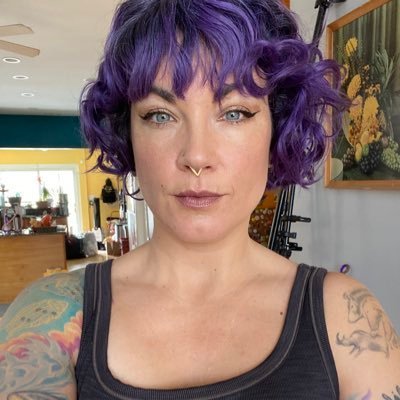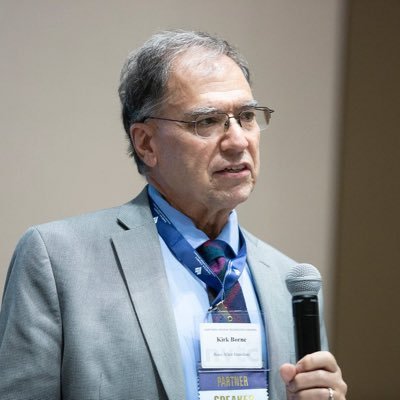Explore tweets tagged as #AstroDataScience
I reverse-engineered a $4000 software for filtering waveforms (wavelets), now you can do it for free. Here is how https://t.co/Tc7iK7noEP
0
0
3
Quick guide I put together on fixing your matplotlib plot and making it "publication-quality". https://t.co/O5OnDPjQRE
https://t.co/3pRdWXjRqY
0
2
3
@Longy120 @M09433M @SpaceHub_SL
https://t.co/kJ9kp3EZKk This article has some equations that better explain how they measure the observable universe. “Invisible” is just the absence of light (black holes) or lack of interaction with photons (dark matter & energy)
2
0
2
A new #PlanetNine search using IRAS (1983) & #AKARI (2006) data suggests a candidate ~500–700 AU from the Sun, 7–17 M⊕, moving ~3′/yr. Only 1 strong match found. Follow-up needed to confirm orbit! #infrared #FIR #MedasDigital #exoplanets #astrodatascience
0
0
0
Where science meets code, and curiosity meets power. Explore the universe. Crunch the data. Predict the unknown — with Skoliko. #skoliko #Skillsfortomorrow #AIforCareers #AstroDataScience
0
1
0
Grad students! Check out the @lsst corporation’s data science fellowship program https://t.co/oghm5Bu3ID
#buildingbetterastronomers #AAS233
1
1
1
Ritz at #SigmaXimtg: 3 levels of data products from the LSST, ranging from real-time alerts to organized apx "annual" data dumps: https://t.co/BspQbgXGJ0 . Also, included is an Astro data science fellows program to train people to use this scale of data
0
2
1
The @LSST Data Science Fellowship is a 2 year program that teaches graduate students essential skills for dealing with "big data". Applications are open to PhD students worldwide, and close on 14 June. https://t.co/zKSkbcnlTW
0
3
4
By "we," I mean @amrutajaodand, @Michael_Zingale, @wenskovitch, @ivanv68, @rjnemiroff, and I We'd love to hear what you have to say!! #machinelearning #astroinformatics #astrodatascience #surveys #catalogs #Datavisualization
1
0
3
Astro grad students! Apply for the free Data Science Fellowship program to learn essential skills for working with big data, and build community! #dsfp
https://t.co/oghm5Bu3ID
0
7
9
Want to know more? Check out our website for more about the program, a FAQ, student profiles, etc:
2
2
9
In the first post of the website, I've written about #redshift by giving concrete examples. What is redshift? How to calculate it? How to use it to estimate time, distance and velocity? https://t.co/VDBHHJLWfq
0
0
0
RT KirkDBorne: Applications are now open for the LSSTC #DataScience Fellowship Program: https://t.co/TKSR3FKuNW by LSST #BigData #Astronomy #Astroinformatics #Astrostatistics Read more about Astroinformatics and LSST here: https://t.co/OmlQjhWCBd …
Applications are now open for the LSSTC #DataScience Fellowship Program: https://t.co/MNVIRYpcqA by @LSST
#BigData #Astronomy #Astroinformatics #Astrostatistics Read more about Astroinformatics and LSST here: https://t.co/46pDGgidty
https://t.co/6Hb9YSXKVN
0
0
0
Hire our LSSTC Data Science Fellows, or at least invite them to give talks at your institution (and then hire them)! You could not ask for a better combo of capable, kind, and collaborative-- great astronomers AND great colleagues!
1
3
5
Some basic info: - you are eligible if you will be enrolled in an accredited astro-related grad program in Sept 2021 - you do not need to know how to code, we teach you that stuff - It's a great way to build up skills to work with @VRubinObs data Our FAQ:
2
1
8
@Astro_Jonny The scale factor (a) tells us the expansion rate of the universe wrt now (a=1). Since a=1/(1+z), here, right now, z=0. The Big Bang occurred when a=0. To turn a into time, you need to know what the Universe is made out of (dark matter/energy) see
0
0
2























